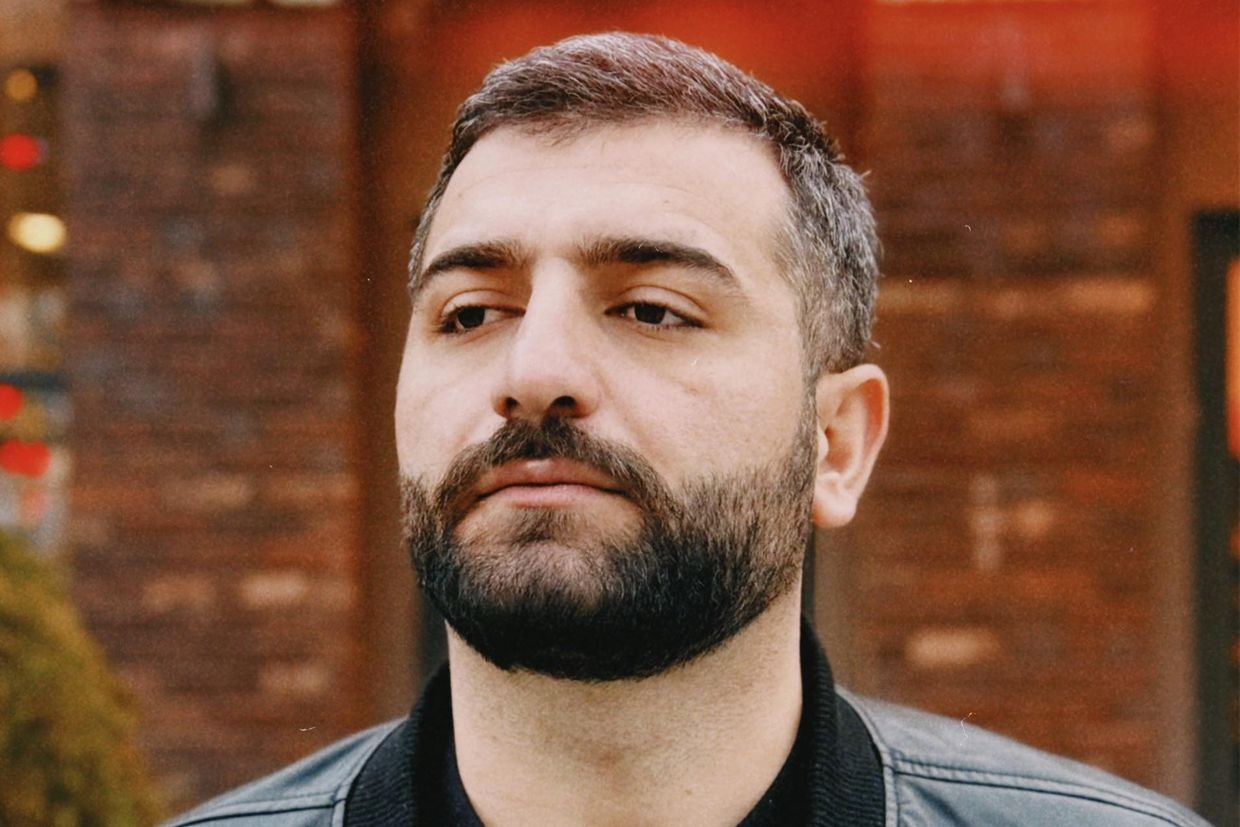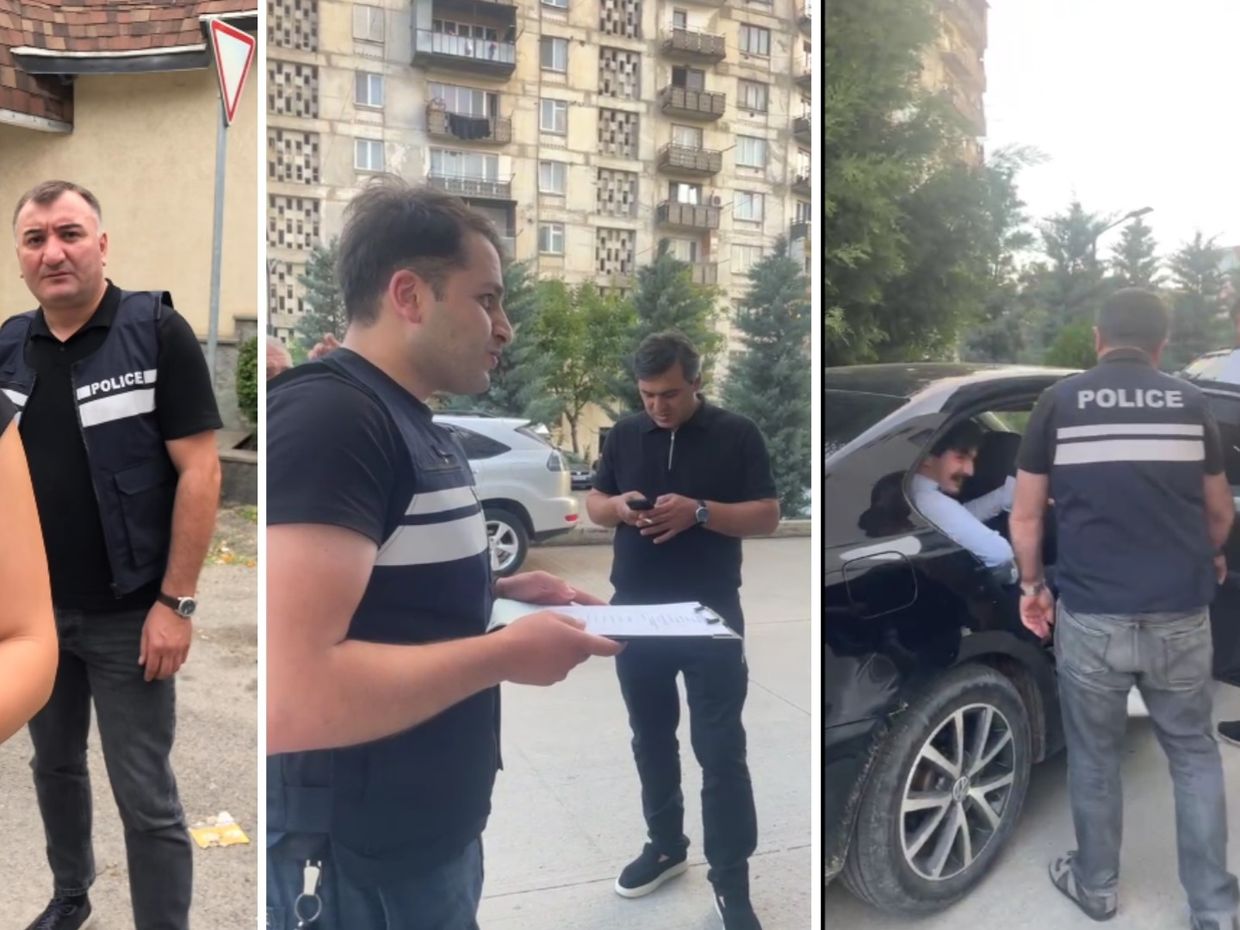Georgian opposition party member fined and stripped of driving licence for refusing drug test

The Tbilisi City Court has fined Oto Parulava, the Deputy Secretary General of the Georgian opposition coalition Lelo — Strong Georgia, for refusing to undergo a drug test on the police request. Refusing to take drug tests became punishable following controversial legislative amendments adopted in April.
According to Parulava, under Tuesday’s decision, the judge fined him ₾1,000 ($370), revoked his driver’s licence for three years, and banned him from working in public service or the education sector for five years.
The Tbilisi Police demanded that Parulava take a drug test on 8 July as he was returning home from a nearby shop.
Parulava told OC Media that he noticed his photo on the phone of the approaching police officer. He refused to undergo the drug test and also declined to go voluntarily to the Forensics Bureau. The amendments allow those who are requested to undergo drug testing to voluntarily go to the bureau and undergo a test there.
That same day, the police made similar demands of two other Lelo members living in different parts of the capital, including the party’s communications head, Levan Jorbenadze, and youth wing leader, Beka Berishvili. Both members of the party have refused to undergo the tests, with Lelo claiming political persecution against the party.
‘[By refusing the drug test], we expressed our protest and resistance against the harmful and degrading practice that the [Georgian Dream] regime is now reviving against those involved in protests’, he added.
Parulava said he explained the reasons for his refusal to the judge during Tuesday’s hearing, but to no avail.
‘This decision was political from the very beginning, and I had no expectation of being acquitted’, he noted.
As a result of the decision, Parulava will be barred from purchasing vehicles, which he had planned to do before his driver’s licence was revoked, while the fine adds to several others he was recently issued for putting up protest stickers and using laser pointers during demonstrations.
‘But it’s fine: people are being jailed for years, young guys, and I can manage without a car, it won’t be a problem’, he said, referring to the ongoing anti-government protests in which many detained demonstrators have already been sentenced to lengthy prison terms.
According to Parulava, court hearings for Jorbenadze and Berishvili are scheduled for the end of August and in September.
In the second week of July, police demanded drug tests from several anti-government activists, with some choosing to go to the Forensics Bureau for testing on their own.
In a statement on 9 July, the Interior Ministry denied that there were political motives behind the campaign, noting that more than 300 people across the country had been tested for drugs over the week prior to the statement.
‘A police officer cannot and does not select or exclude individuals based on political views, which, in itself, grants no one an indulgence’, the statement read.
Under the legislative amendments passed in April, the state made the refusal to undergo a drug test punishable, resulting in a fine ranging from ₾500–₾2,000 ($190–$740) or administrative detention for up to 60 days.
Critics have warned that the ruling Georgian Dream party intended to use mandatory drug testing as a tool to pressure its opponents.
Georgia’s drug policy has in recent months tightened significantly, with the ruling party introducing prison terms of up to six years for possession of more than five grams of marijuana.











